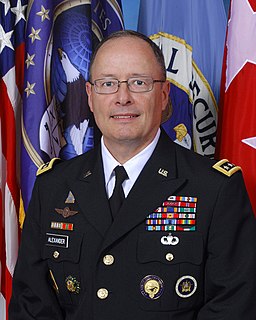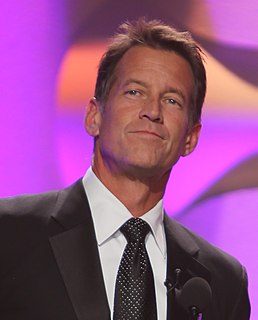A Quote by Eckhart Tolle
Many people identify their sense of self with the problems they have, or think they have.
Related Quotes
But I always need to identify with a character to write about him or her - and by "identify," I mean see the world through that person's eyes and have a strong sense of the inner logic of their acts and decisions, wacky or wrongheaded though they might be. In that sense, I think there's some of me in all of them.
But I always need to identify with a character to write about him or her - and by 'identify,' I mean see the world through that person's eyes and have a strong sense of the inner logic of their acts and decisions, wacky or wrongheaded though they might be. In that sense, I think there's some of me in all of them.
If we only identify with the mortal world, then we identify with a level of scarcity and lack and brokenness, and that will be our experience. But if we shift our experience of self-identification - and this is what enlightenment is - from the body-self to the spiritual-self, then we place ourselves under an entirely different set of possibilities and probabilities.
I suppose everyone continues to be interested in the quest for the self, but what you feel when you're older, I think, is that ... you really must make the self. It is absolutely useless to look for it, you won't find it, but it's possible in some sense to make it. I don't mean in the sense of making a mask, a Yeatsian mask. But you finally begin in some sense to make and choose the self you want.
We Americans think we enjoy self-government. We have all the trappings of self-government, like elections. But in reality, we have gradually lost many of our rights to govern ourselves. We have the form of self-government, but only some of the substance. We are, in a sense, a nation run by a handful of judges who often enforce, not the law, but their personal opinions.
I think that we Americans, in particular, tend to think too directly about problems. If there's a problem we want to basically go in with a screwdriver or else drop bombs on it. A better way to solve problems is to think indirectly and try to change the environment. So I think you can gain much better self-control not so much by working on yourself as by looking at the situations you're in and the people you hang around, and changing your environment.

































